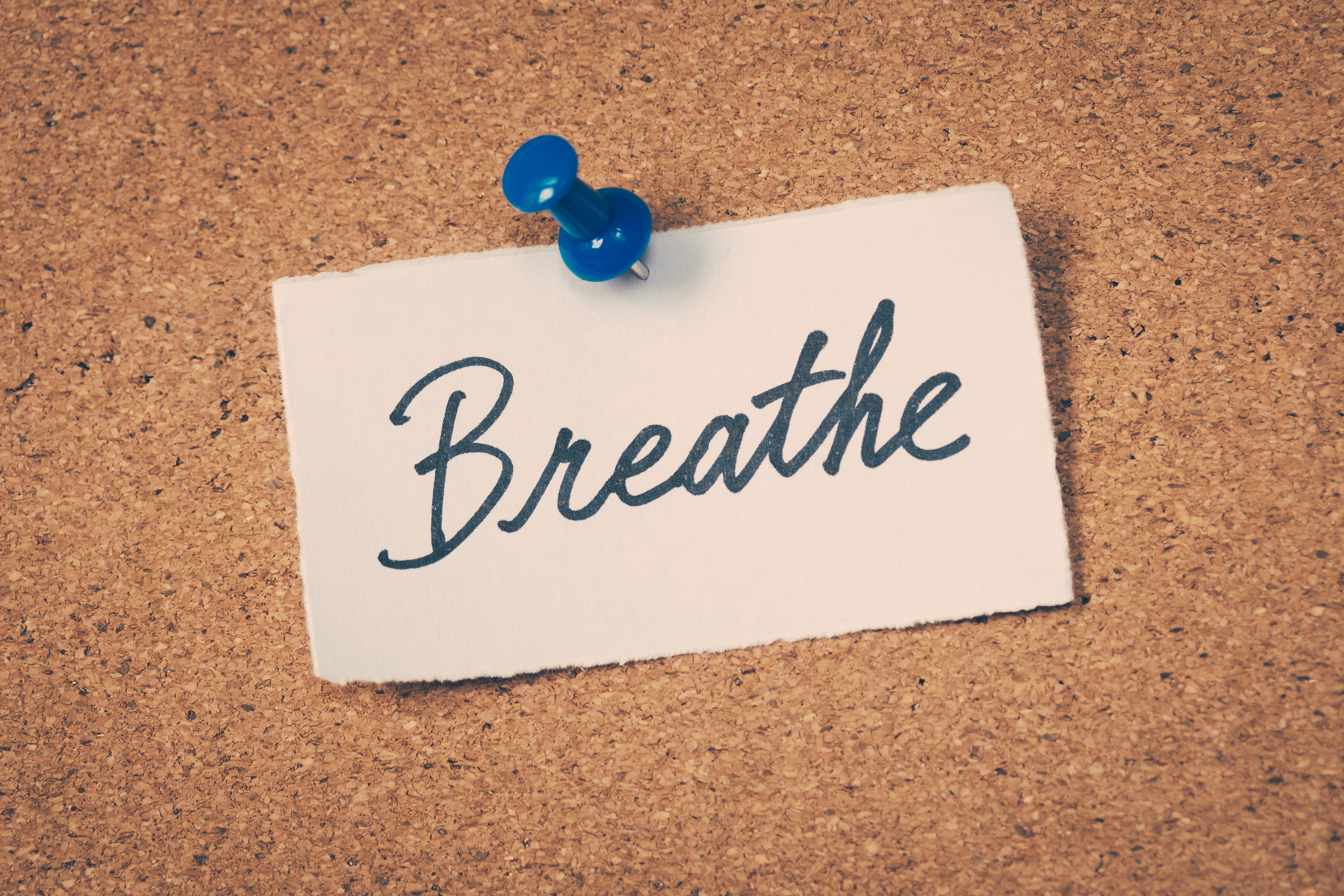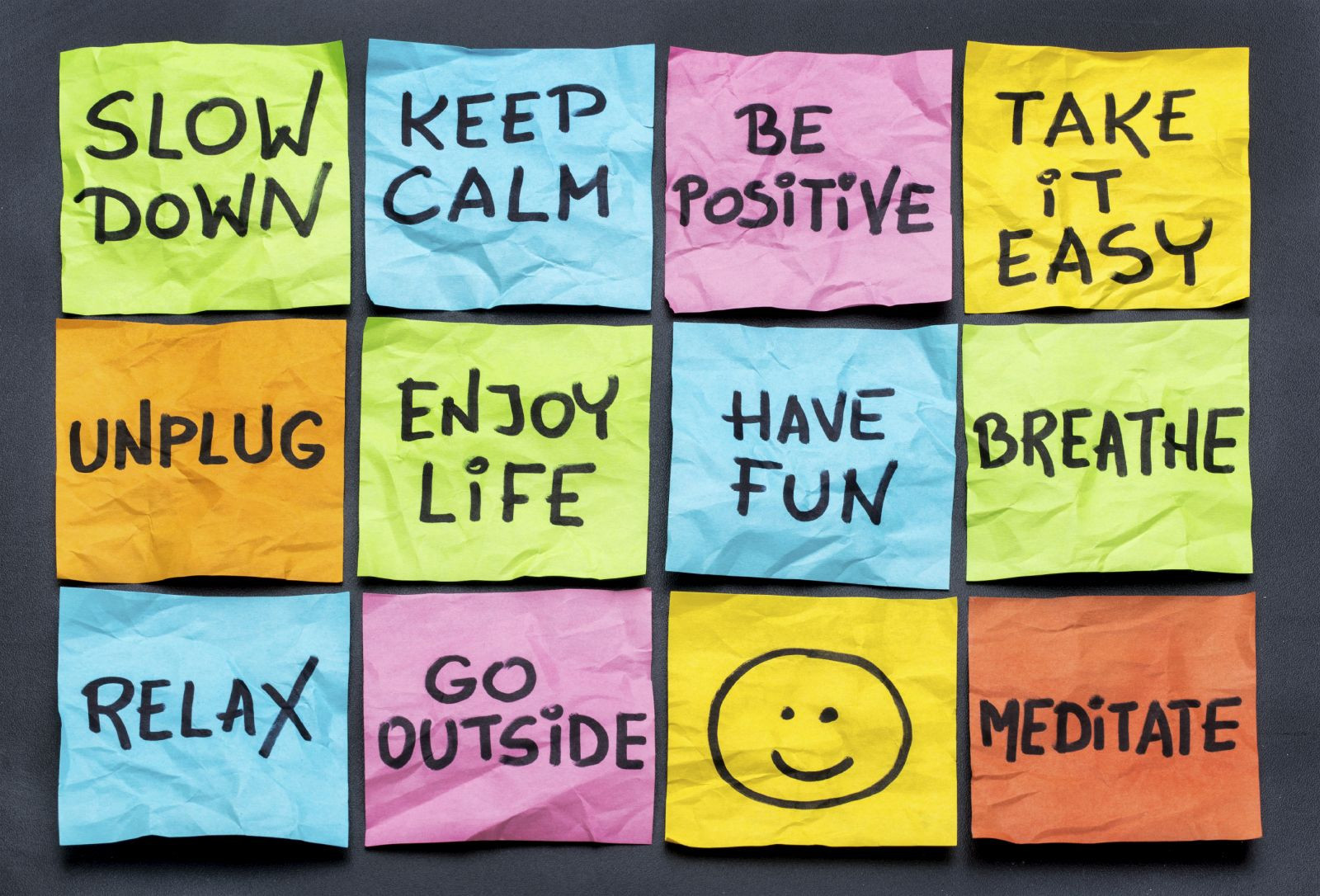
What are somatic workouts?

How to curb your stress eating

How to spot Parkinson’s disease symptoms

8 simple ways to reduce ultra-processed foods in your diet

Heart failure symptoms in women: How they’re different

GERD diet: Foods to avoid to reduce acid reflux

Strong is the new skinny

Everyday habits that sneakily weaken your bones

Don’t wait to get help for back pain

Correcting how you walk may ease osteoarthritis knee pain
Mind & Mood Archive
Articles
Ease anxiety and stress: Take a (belly) breather
The stresses of daily life can keep us in a state of constant tension. Learning to belly breathe can help ease your body's response to anxiety and stress.
Are some cases of Alzheimer's disease caused by infection?
Some scientists believe that microbes might play a part in Alzheimer's disease development. They say it could be that certain viruses or bacteria that infect the brain aren't completely eradicated by the immune system, which leads to neuroinflammation and brain cell death. It could also be that microbes trigger the release of protein deposits—amyloid-beta plaques and tau tangles—which kill neurons, further increase neuroinflammation, and lead to more neuron death.
Clearing up a foggy memory
At some point, most older adults experience the occasional "senior moment" where they misplace an everyday object, lose their train of thought during a conversation, or forget why they walked into a room. Memory lapses like this are part of normal aging, but the problem can be exacerbated by issues like depression, stress, poor sleep, and medication side effects. If these episodes become so frequent or substantial that they interfere with a person's daily life or safety, it's time to see a doctor.
MIND diet may slow cognitive decline
A 2024 study suggested that closely following the MIND diet, which emphasizes plant-based foods and limited animal products and saturated fats, may slow cognitive decline compared to other eating patterns.
Court ruling curbs unfounded claims for memory supplement
In the US, supplements are not tested in the way prescription medicines are, and their manufacturers can make claims about their abilities that may or may not be true. But there are some rules supplement makers must follow, and the FDA's plan to revamp its regulation of dietary supplements is a step toward improving consumer protection.

What are somatic workouts?

How to curb your stress eating

How to spot Parkinson’s disease symptoms

8 simple ways to reduce ultra-processed foods in your diet

Heart failure symptoms in women: How they’re different

GERD diet: Foods to avoid to reduce acid reflux

Strong is the new skinny

Everyday habits that sneakily weaken your bones

Don’t wait to get help for back pain

Correcting how you walk may ease osteoarthritis knee pain
Free Healthbeat Signup
Get the latest in health news delivered to your inbox!
Sign Up











